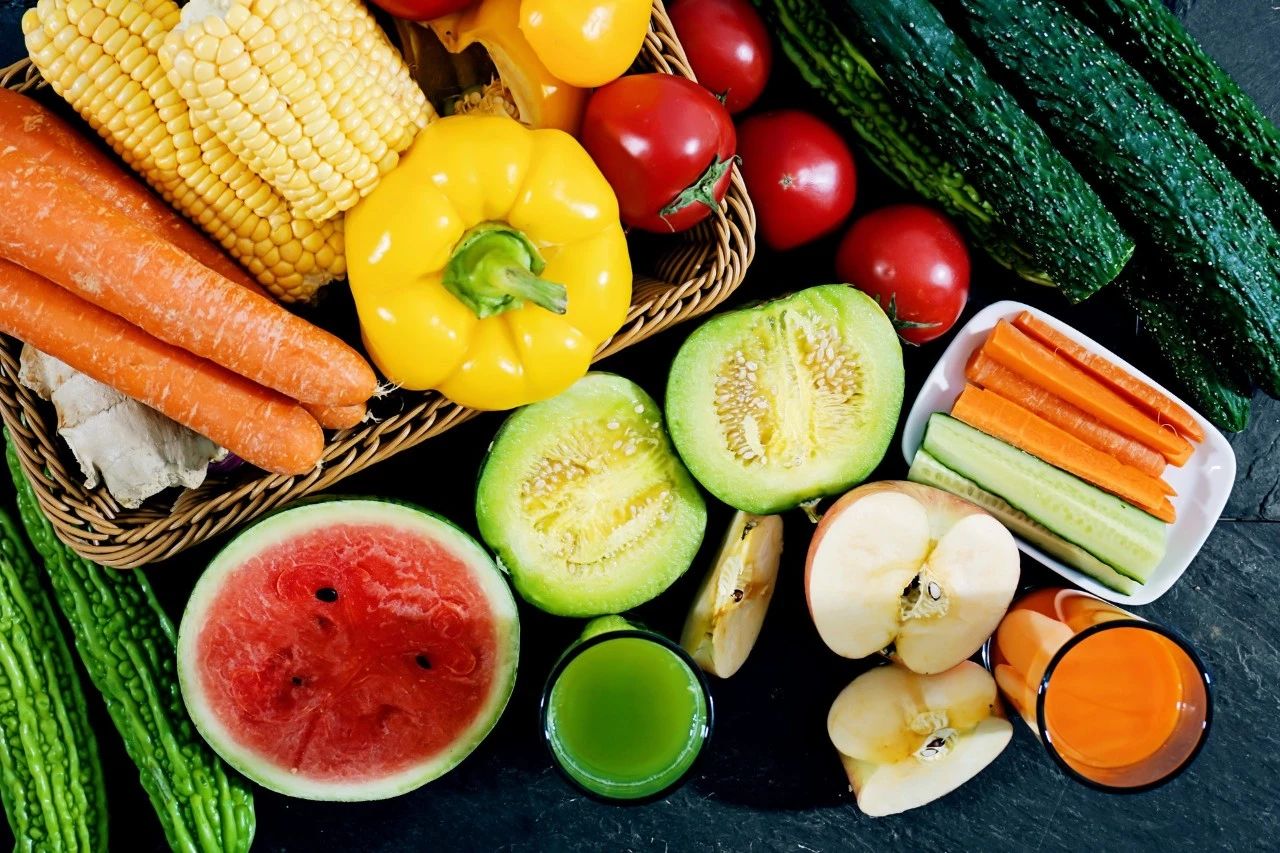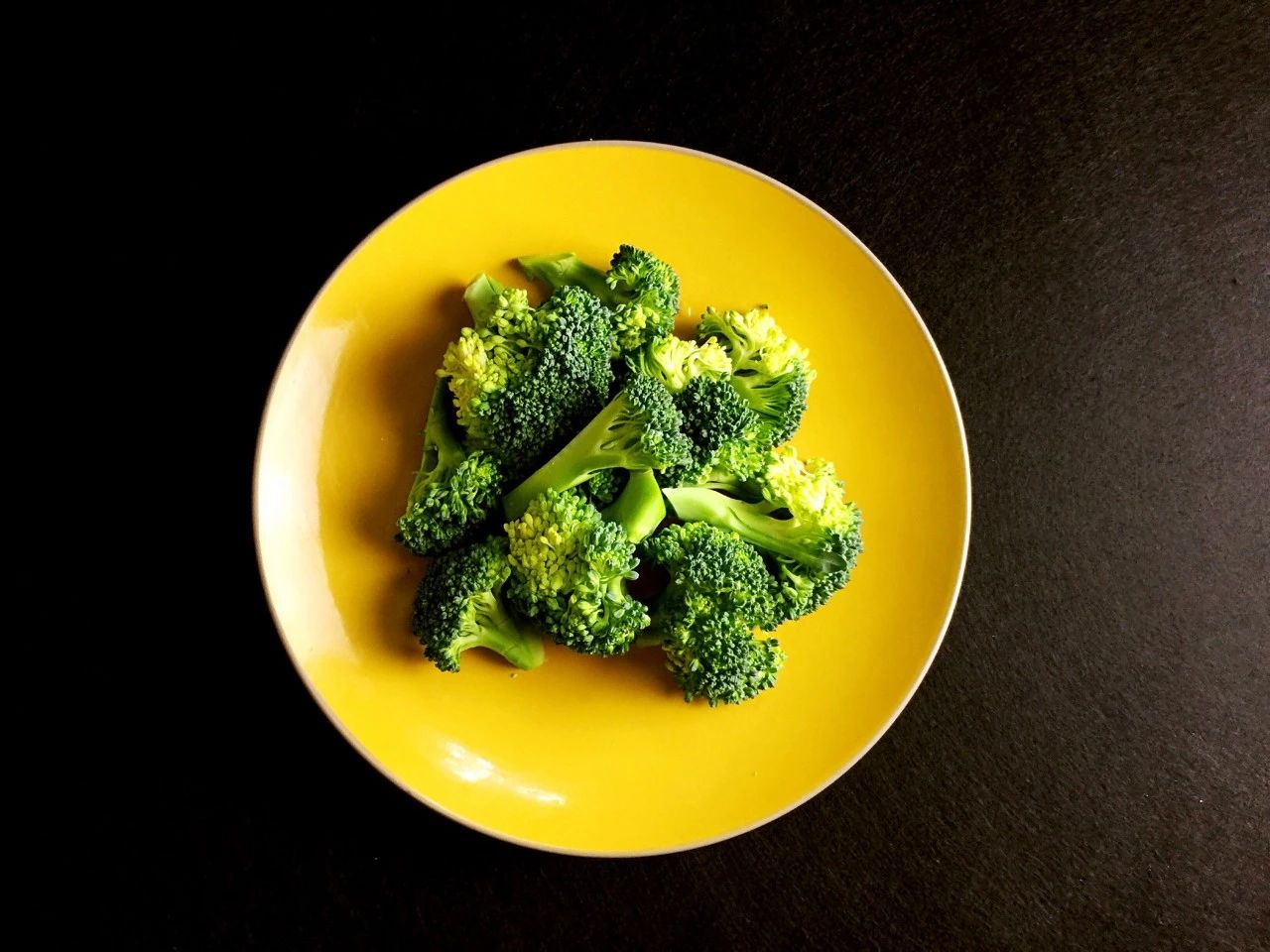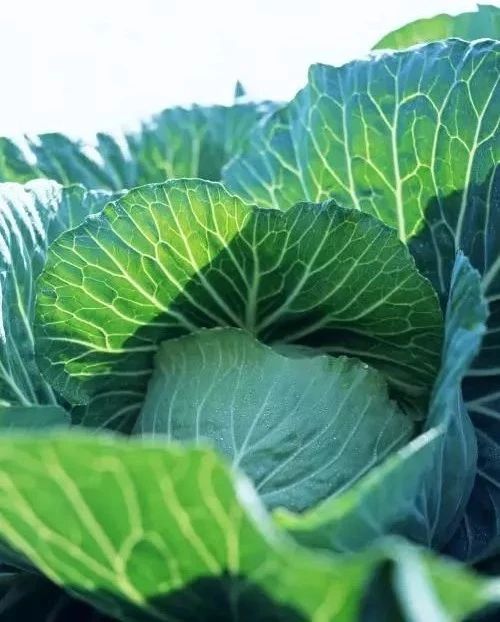- Homestay
- Qi Xin Xiaozhu culture originated
- Qí xīn xiǎo zhù
- Inhabiting
- Tourist
- Butler service
- specialty

A large number of research data show that people who eat foods such as vegetables, fruits, beans, whole grains and other plant foods are much healthier than meat-based dieters. Nutritionists have put forward scientific advice on eating vegetables, which are summarized as "three points" and "one daily."

More vegetable varieties every day
Many families eat monotonous vegetables every day. On the table, Chinese cabbage, cucumber, eggplant, tomato, and beans are the protagonists. In fact, the vegetables that nature gives to humans can be described as diverse and colorful. Different vegetables contain different nutrients, and have different tastes and tastes. The more varieties of vegetables are eaten, the more comprehensive the nutrients are.
There are three excellent vegetable representatives in the superfoods that are popular in the recent nutrition world.
The first one is cabbage, which is known as a superstar in vegetables. It ranks first in the US Department of Agriculture's anti-aging functional food. In addition to rich in anti-cancer complex, it is also rich in calcium, iron and vitamin A, vitamin C and vitamins. K, cellulose and vegetable protein.
The second is red, goose yellow, orange, green sweet pepper, color and taste are good, can be raw food, can provide rich vitamin C, vitamin K and carotene.
The third is small broccoli, the vitamin C content is 3 to 4 times that of tomato, the calcium content is equivalent to tofu, and the calcium absorption rate is higher. In addition, vitamin B6, folic acid and selenium are also abundant, and contain anticancer substance lysine, with low oxalic acid content.

More green leafy vegetables every day
The new version of the Dietary Guidelines recommended by the Chinese Nutrition Society recommends that 300 to 500 grams of vegetables should be ingested per day, at least 3 of the best 5 different fresh vegetables, half of which should be green leafy vegetables.
Scientists believe that the vitamin content of green leafy vegetables is the crown of all kinds of vegetables, such as 100 grams of fresh green leafy vegetables, the average content of vitamin C is 20~60 mg, which is 2 to 7 times that of tomato.
In addition, the content of riboflavin and carotene in green leafy vegetables is also very rich, especially the vitamin K which can protect the heart and brain blood vessels, reduce the concentration of homocysteine and folic acid and strong bones, which is difficult to compare with other foods. The natural folic acid rich in green leafy vegetables can inactivate certain oncogenes and prevent the occurrence of gastric cancer; it can alleviate inflammation, atrophy and dysplasia of gastric mucosa, and it is indispensable for preventing gastric cancer.
Experts remind that the elderly with digestive and aging function should pay special attention to the intake of abundant green leafy vegetables rich in vitamins, minerals, dietary fiber, antioxidants and plant proteins, such as spinach, cabbage, lettuce, rapeseed, Pea seedlings, water spinach, green leeks, sage, cilantro, kale, radish, lettuce, celery leaves, etc.
Eat polyphenol-containing vegetables every day
Nutritionists advise people to eat polyphenol-rich vegetables every day, such as broccoli, purple cabbage, purple eggplant, red onion, green onions, peas, cabbage, chicory, etc., to maintain cardiovascular health and prevent heart disease, diabetes The occurrence of stroke, senile dementia, macular degeneration and tumors is of great significance.

Eat a salad every day
In addition to the human body's ability to synthesize vitamin D through the skin, most vitamins cannot be synthesized in the body. Long-term consumption of cooked vegetables, a considerable part of vitamins, enzymes and other nutrients are destroyed, especially the immune active substances and interferon inducers contained in some vegetables are also inactivated in high-temperature cooking, loss of help to protect the body against virus invasion and The ability to inhibit cell carcinogenesis. Even eating only one lettuce salad can effectively increase the levels of vitamin C, vitamin A, vitamin E, B vitamins, folic acid and carotenoids in the blood, which is 15% higher than those who do not eat lettuce salad. Among them, vitamin C reaches 2 to 3 times the recommended intake of 60 mg.

Experts believe that adequate antioxidant vitamin C, vitamin E, and folic acid in the blood can protect human cells against the harmful "oxidation" of harmful free radicals. It is one of the important tools to delay aging and prevent modern civilization. Eating lettuce is crisp and delicious, and it can improve the body. It is the current dietary trend in the new century.
“Three points” and “one for each day”, insisting on sports, and maintaining good living habits are responsible for themselves and for the family.